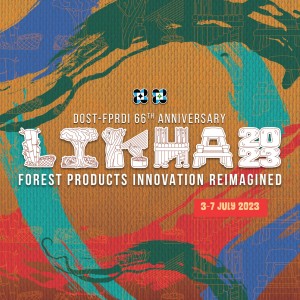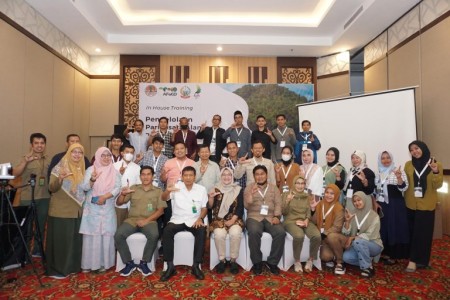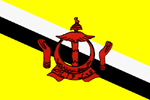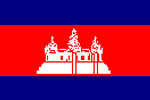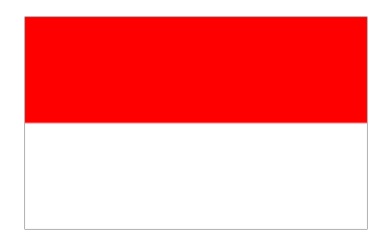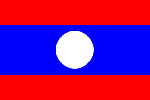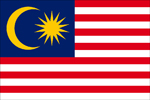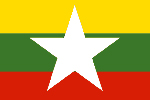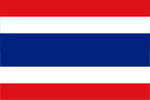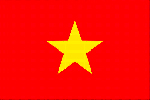IUFRO INAFOR Joint International Conference 2017
“Promoting Sustainable Resources from Plantations for Economic Growth and Community Benefits”
Yogyakarta, Indonesia 24th – 27th July 2017
In a global scale, planted forest areas continued to increase, and that the goods and services provided by these forests were becoming increasingly diverse. The interaction of planted forests with other land uses within landscapes and their contribution to poverty alleviation and food security is complex. Risks to planted forests from climate change, socio-economic pressures and responses to these risks have been the subjects of study. The importance of planted forests for economic, environmental and social values have been recognized globally.
For the past 30 years, acacias and eucalypts have been two of the major forest plantation species of choice in the tropics, particularly in South-East Asia. Selected acacia species have high rates of growth, are tolerant of acidic, low nutrient and degraded soils, and in Indonesia have been easy to establish in landscapes dominated by Imperata grassland. Harvested plantation acacias are now an important global resource with >3.5M ha grown in Asia, Africa and South America. They supply fibre for pulp and paper industries, wood for furniture, building materials, and charcoal and other fuels, as well as being used for the protection of water catchments.
After several successive and successful rotations, growers are now facing various challenges that threaten the sustainability of acacia pulpwood plantations. Pests and diseases, soil compaction, weed invasiveness and a changing climate have become major topics of interest to researchers working with plantation growers to seek ways of confronting and adapting to these challenges. In recent years growers have replaced acacias with eucalypts, particularly E. pellita.
At this difficult time for plantation growers in the tropics, IUFRO Working Party 2.08.07 (Genetics and Silviculture of Acacias) in collaboration with FORDA INAFOR IV will organize a Joint International Conference on 24-27 July 2017 in Jogjakarta, Indonesia. The Research, Development and Innovation Agency (known as FORDA) have regular conference known as INAFOR (International Conference of Indonesian Forestry Researchers); and the 4th INAFOR is scheduled in 2017. The Conference has adopted a theme “Promoting Sustainable Resources from Plantations for Economic Growth and Community Benefits”, that reflects the challenges being confronted by plantations.
It will bring together researchers, plantation managers and policy makers from around the world for an intensive four days of exchanging views. Researchers from various countries are expected to present their latest findings, and plantation managers will be able to get first hand information.
This Joint Conference is hosted by the Agency for Research Development and Innovation, Ministry of Environment and Forestry Republic of Indonesia.
Conference Topics
Research study related to the following topics will be presented and discussed at the Conference. Please submit your abstract if it falls under these categories.
1. Plantation management for sustainable production.- Biophysical drivers of productivity and site management;
- Edaphic characteristics and productivity;
- Site rehabilitation and effects on soils.
- Modelling of plantation productivity
- Distribution, dynamics and spread of Ganoderma root-rot disease
- Distribution, dynamics and spread Ceratocystis stem wilt and canker disease;
- Biology, aetiology and host-pathogen interactions;
- Screening for disease tolerant germplasm;
- Development and deployment of biological control agents.
- Using polyploidy to develop desirable traits;
- Prospects for molecular approaches to tree improvement;
- Development and deployment of new clones;
- Breeding of Acacia and its hybrids.
- Mitigating damage and spread of Ceratocystis caused by browsing and branch breakage by squirrels, monkeys and elephants;
- Linking disease mitigation strategies to the characteristics of the landscape;
- Responding to changing climates;
- Ecological impacts and weed invasiveness;
- Needs for biosecurity.
- Traditional and innovative forest products
- Ecosystem goods and services;
- Development of new forest management approaches and processing techniques for environmentally and socially acceptable products;
- Valuation of benefits derived from non-wood forest products and ecosystem services
- Management for sawn-timber products and veneer;
- The economics of solid-wood vs. pulpwood production
- Forest and human health,
- Forest education, forest ethics,
- Gender and forestry,
- Landscape planning and management,
- Nature-based tourism,
- Nature conservation and protected areas, recreation and rural development as well as urban forestry.
IMPORTANT DATES
|
Abstract Submission |
1st October 2016 – 31st January 2017 |
|
Author Notification |
28th February 2017 |
|
Full paper submission* |
30th June 2017 |
|
Registration: Early bird Regular |
1st January – 30th May 2017 1st June – 21st June 2017 |
* For authors who wish to submit full paper to be published in Conference Proceedings
Please note that Registration and Payment is closed after 21st June 2017. No on-site payment or registration is available.
Conference venue
The Alana Hotel and Convention Centre
Jalan Palagan Tentara Pelajar Km. 7, Yogyakarta
INDONESIA
CONTACT AND FURTHER INFORMATION
Email: secretariat@iufroinafor2017.com
website and register: http://www.iufroinafor2017.com
Date: July, 24 - 2017 Location:


